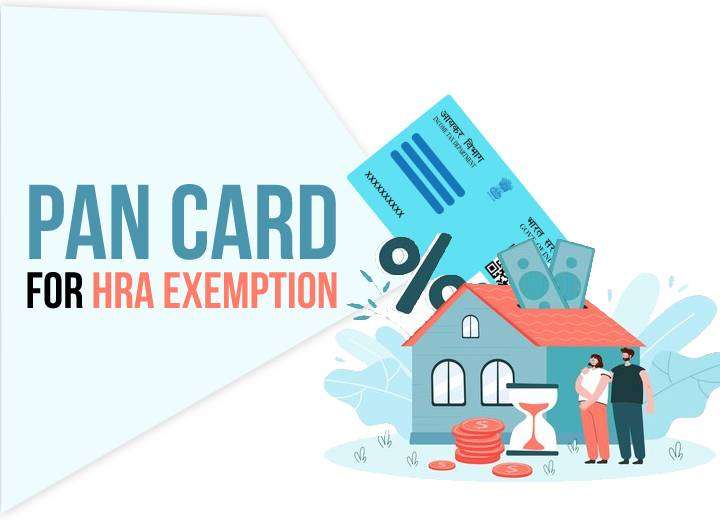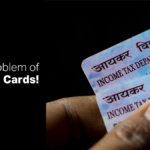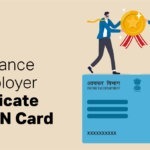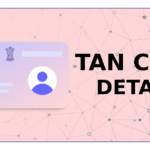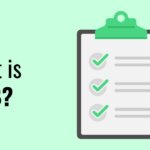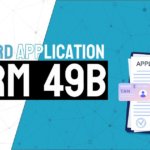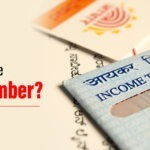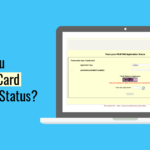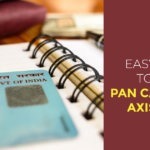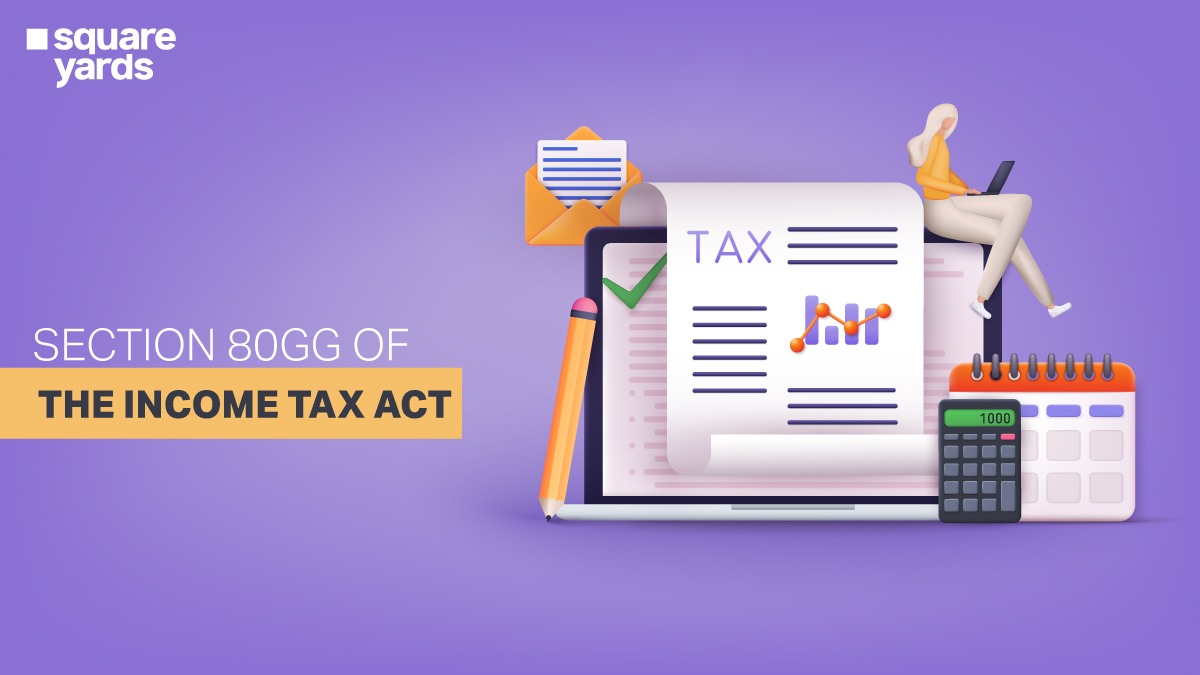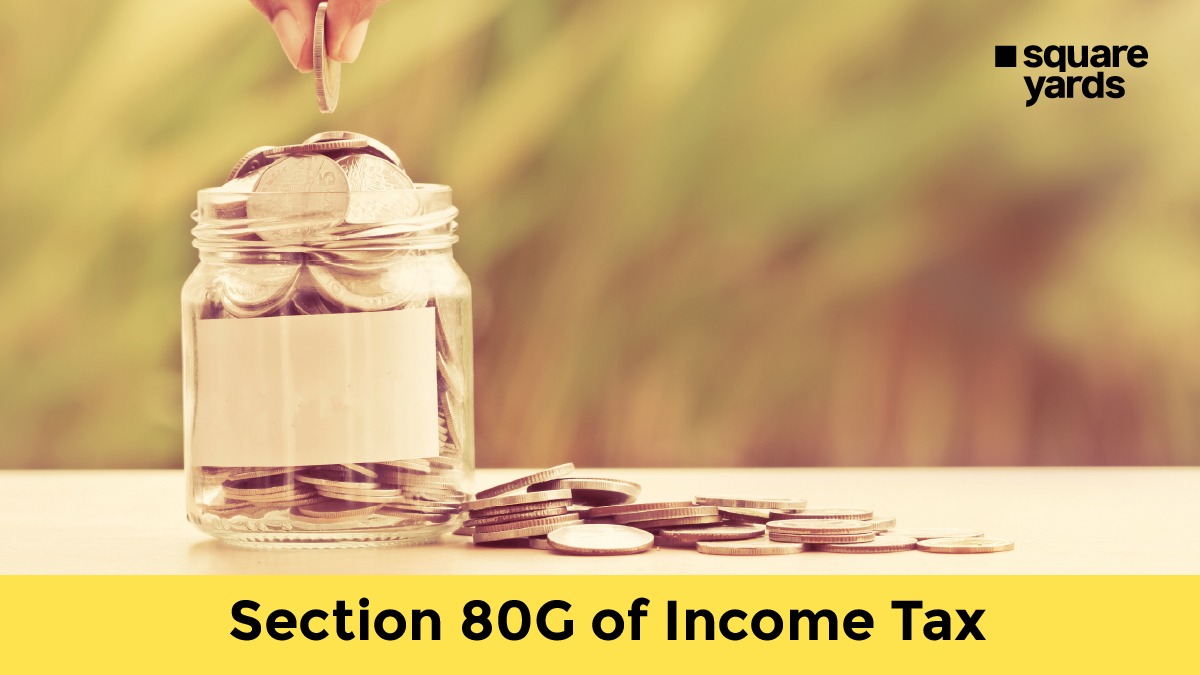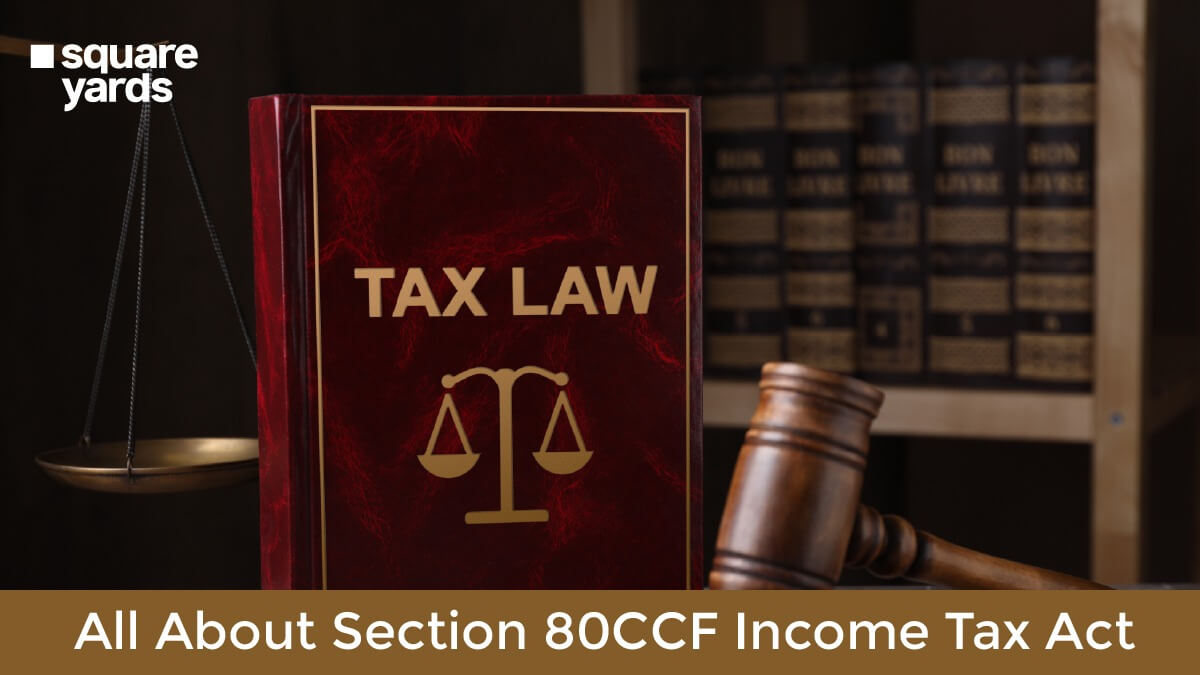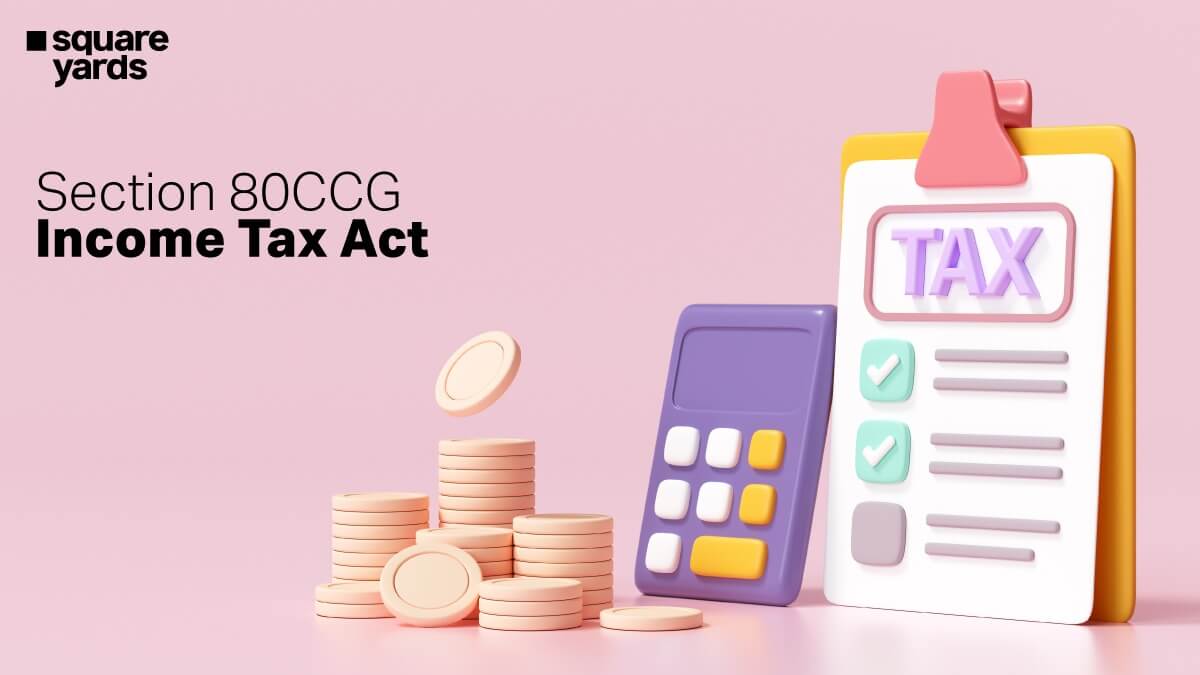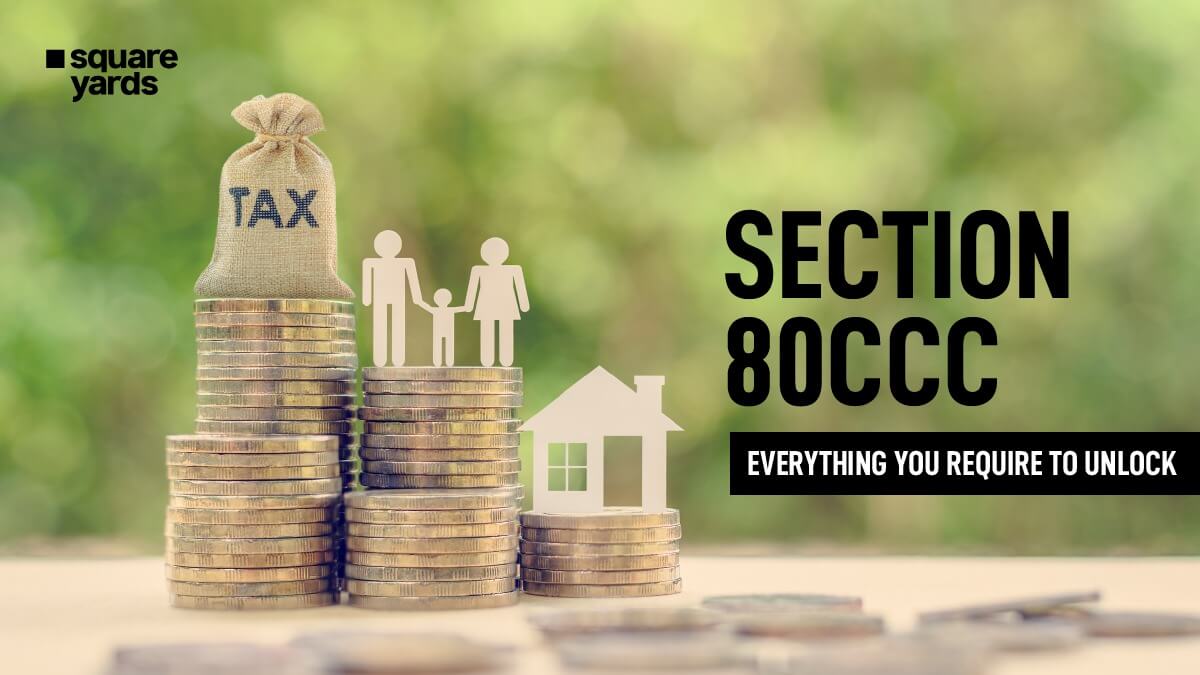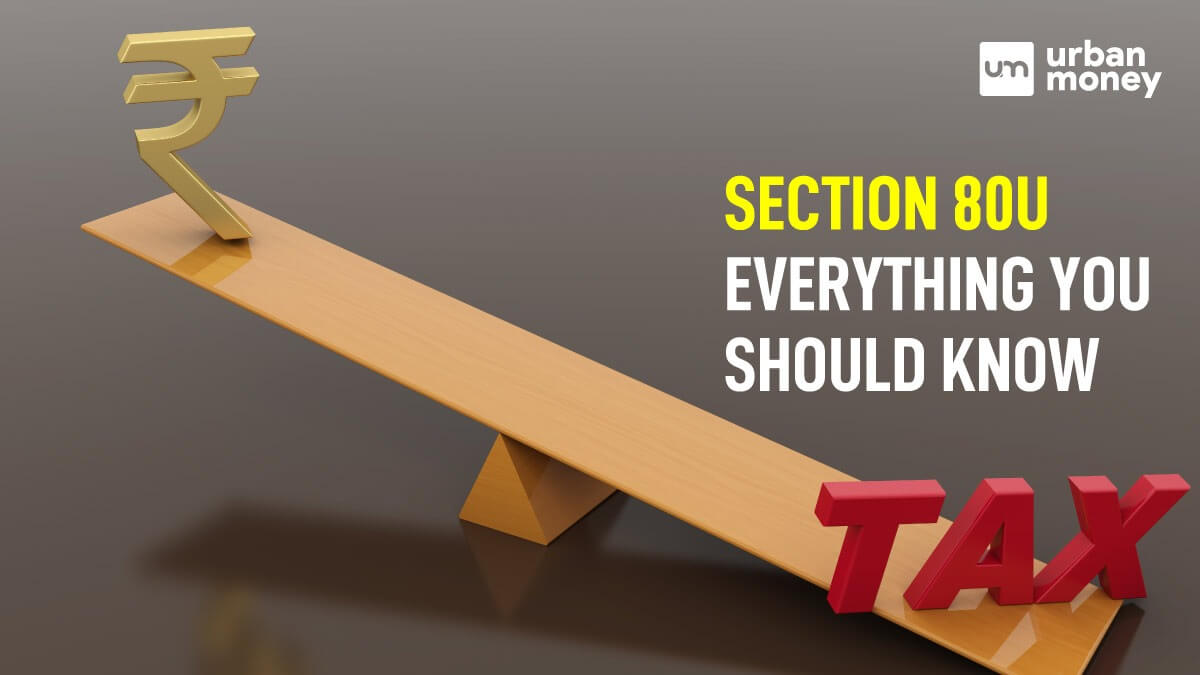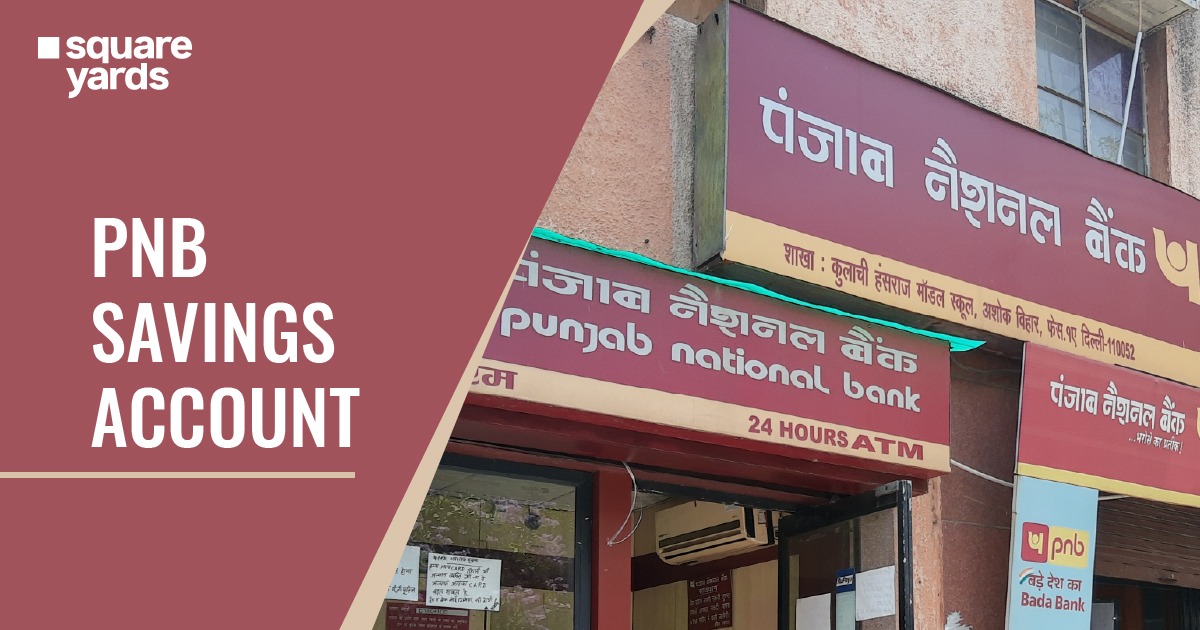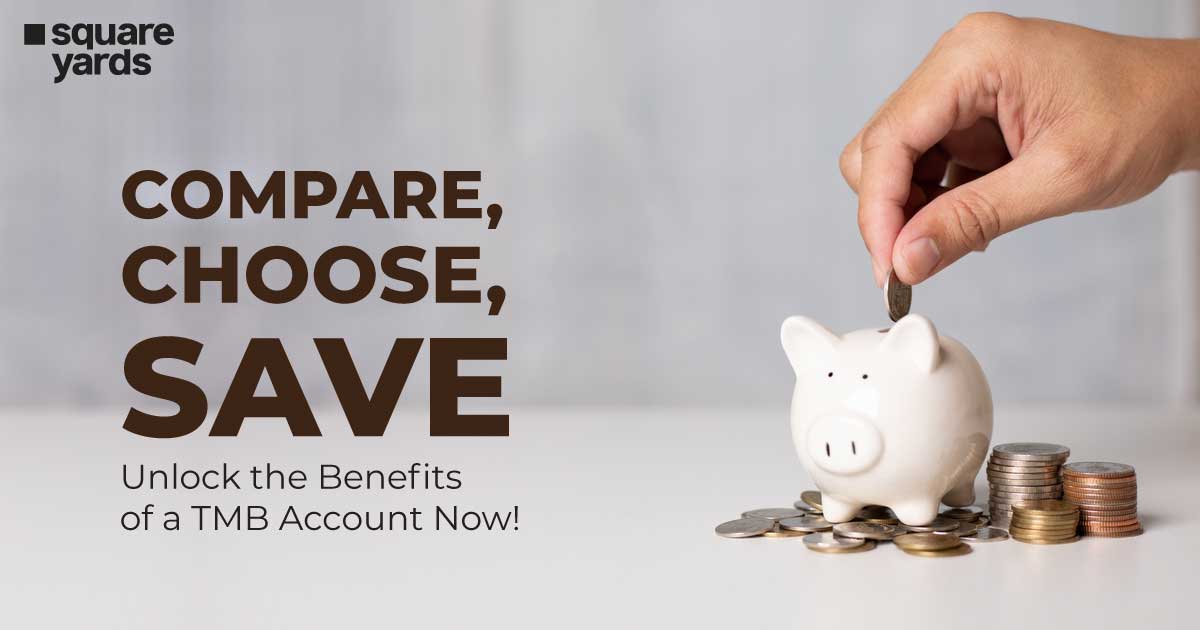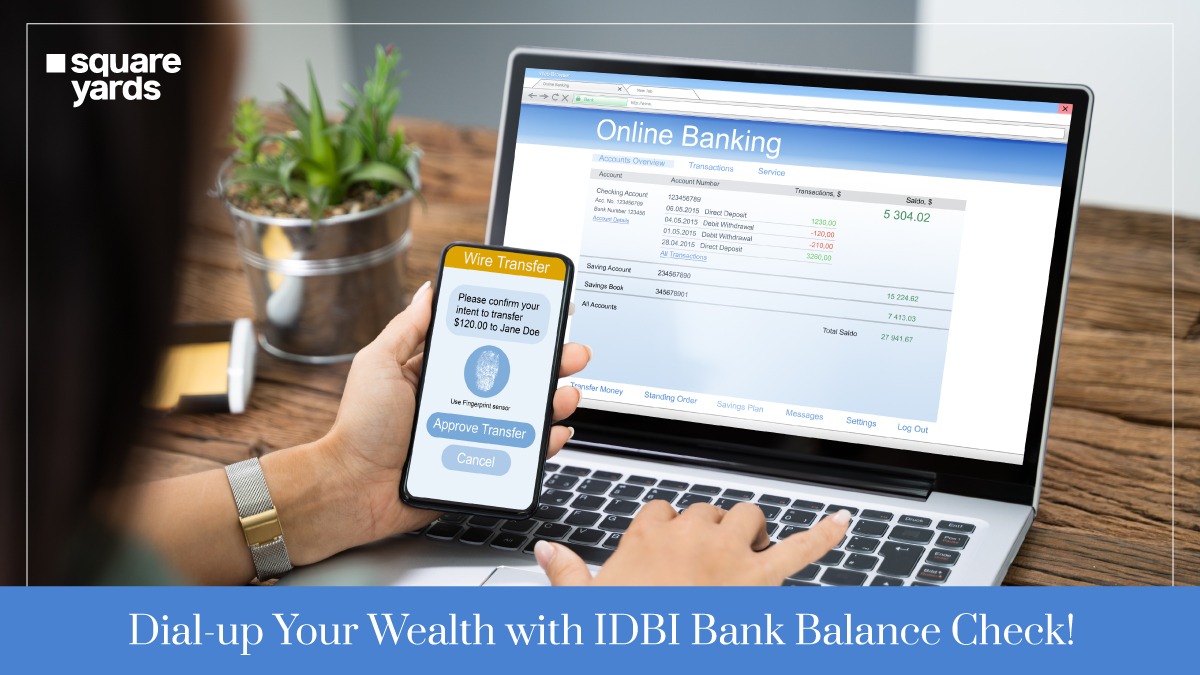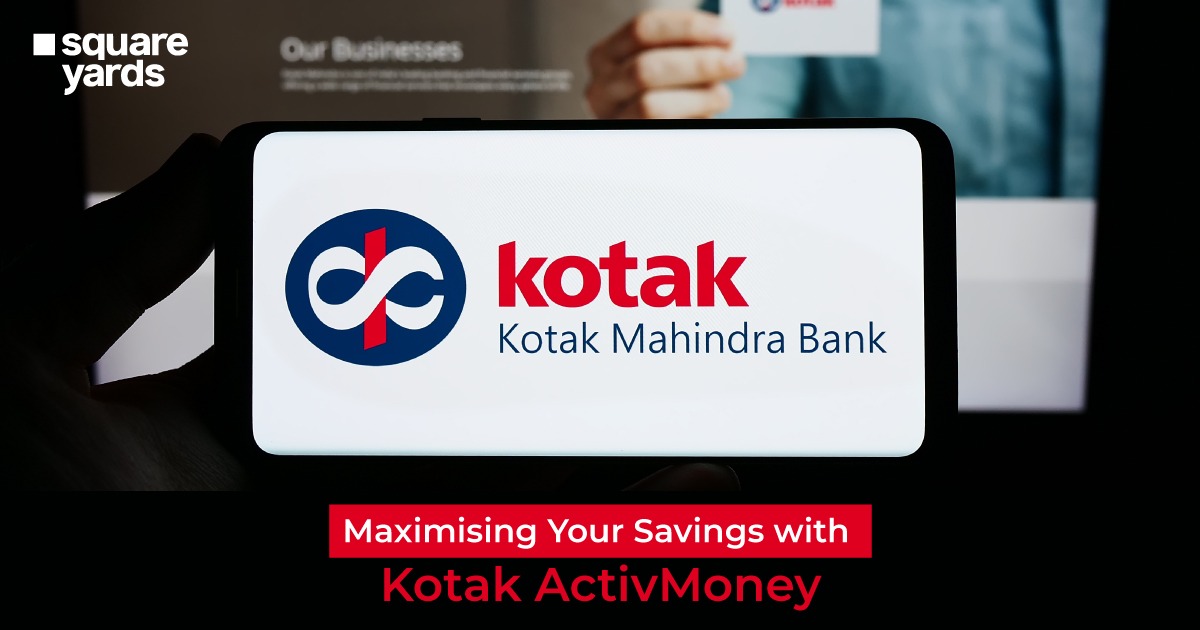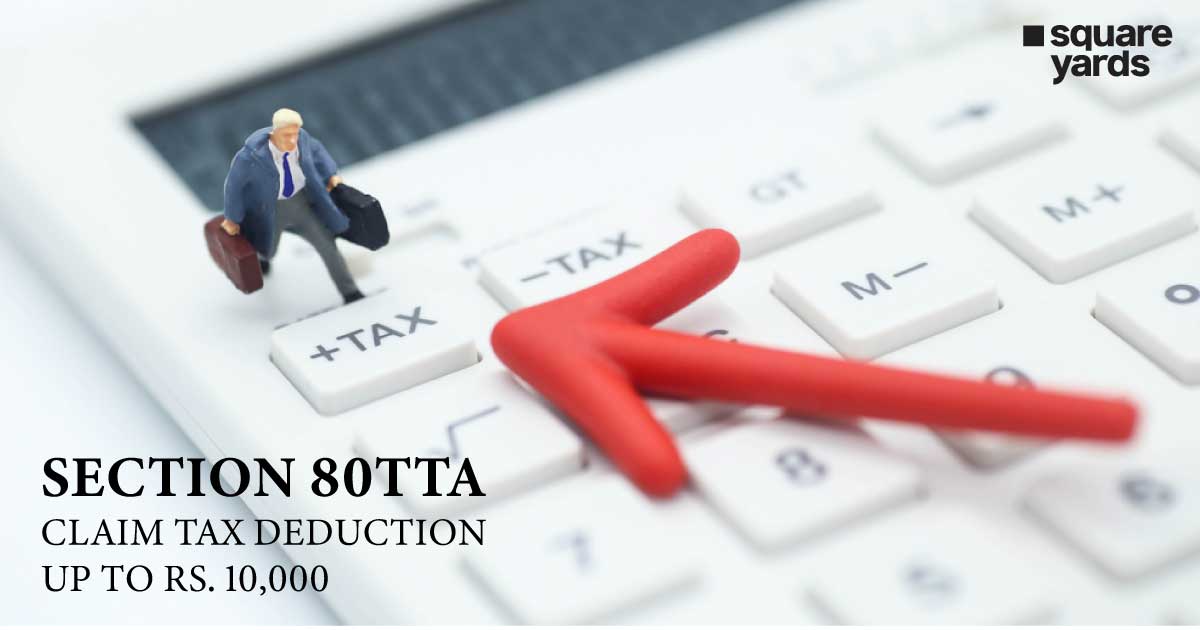The government of India has made it mandatory for the employees to provide Permanent Account Number – PAN card information to file HRA (House Rent Allowance) claim returns. In addition, the Income Tax Department of India has also passed a circular through CBDT (Circular Board of Direct Taxes) that states it is essential to submit the landlord’s PAN to the authority for filing a claim of exemption in case the annual rent paid is over Rs. 1 Lakh per annum. Thus, it is important for all income-earning individuals to own a PAN card for HRA exemption.
Learn every intricate detail about the usage of PAN Card of Landlord for HRA Exemption in the below article:
Table of contents
- HRA Exemption- Overview
- Change in Tax Laws – Landlord’s PAN Card for HRA Exemption
- Reason for Change in Law
- New Law Perquisites
- Penalty for Not Submitting the Documents
- Tax Deductions of House Rent Allowance (HRA)
- Employees Who Pay Rent But Do Not Receive HRA – Section 80(GG)
- HRA Exemption Amount
- Frequently Asked Questions (FAQs)
HRA Exemption- Overview
Employees can only make an HRA exemption if they reside in rented accommodation. As per section 10 (13A) of the Income Tax Act, 1961, a part of HRA is exempted subject to certain conditions. Since employees will have to pay rent for their accommodation, the government does not demand them to pay tax on this certain amount and thus, allows them to claim a tax exemption for the amount of HRA.
Remember that if an employee is living in his or her house, the HRA received in the salary by the employer will be fully taxable. HRAs vary from location to location and so does the percentage of allowances. While employees working in public sector organisations in metro cities are allowed to have HRA of 50% of the basic salary, those in non-metro cities get HRA of 40% of the basic salary. According to the 7th Pay Commission recommendations, the exemption that public sector employees get is based on minimum or maximum HRA in different cities.
According to the prevailing rules, the amounts for which the HRA exemption can be claimed are as follows:
- The exact HRA received.
- Rent amount to be paid over 10% of the total salary of an employee.
- If the employee resides in Delhi, Mumbai, Chennai or Kolkata, it is up to 50% of the salary. However, it is 40% for other cities.
Change in Tax Laws – Landlord’s PAN Card for HRA Exemption
As per an earlier notification issued by the Government of India, it was important to mention the PAN card details of the landlord in the form to file an HRA tax exemption in case the annual salary of an employee was more than Rs 1,80,000.
However, the government passed a new circular in 2013 that it is now essential to mention the PAN card details of the landlord for filing an HRA tax exemption if the salary amount would be more than Rs. 1,00,000.
Reason for Change in Law
The reasons for the government reducing the salary figure for HRA exemptions in 2013 without the PAN details of the landlord are as follows:
Employees Used to Submit Fake Rent Receipts to Claim HRA Exemption
Many cases were found that the employees were submitting fake rent receipts to claim an HRA exemption. In a few cases, when the exemption figure rose with the increase in employee’s salary, employees who were not paying rent were also found to be claiming the HRA exemption so that they would not have to pay tax.
In addition, employees also used to fool the government by submitting fake receipts mentioning rent amounts higher than what they used to pay.
The major reason for the government to ask for PAN card details of the landlord for HRA exemption claims for salary more than Rs. 1 lakh per annum was to be sure of the employee paying the amount for real.
Landlords Not Paying Tax on Rental Income
It was found that several individuals leasing properties and collecting rent were not paying tax or proclaiming this income in the tax return. Thus, to make sure that those individuals proclaim this income, the government released a circular mentioning that it is mandatory for renters to mention the landlord’s PAN card details in the exemption claim form. The reason behind this was to be able to keep track of the landlord proclaiming the rent as income at the time of filing tax returns.
New Law Perquisites
According to the law in force, there is a need to submit the landlord’s PAN details while claiming an exemption for the employees declaring HRA of more than Rs. 1,00,000 a year. It has to be printed on A4 size paper and should include:
- The undertaking of the landlord with his or her name.
- Your rented property’s confirmation.
- The address of the rented property.
- The amount of rent the employee is paying.
- The landlord’s PAN Card number.
- The landlord’s signature.
- Name and address of the landlord.
If your landlord does not possess a PAN card, there is a need for the employee to submit a declaration form signed by the landlord stating he or she does not have a PAN card.
In case landlords do not agree to provide their PAN card details or a signed declaration, you can send an email to the Income Tax department requesting the PAN card information of the landlord (which should include your reason for requiring the details and the personal details of the landlord).
Penalty for Not Submitting the Documents
The employees will not receive the tax exemption in case they claim the HRA for more than Rs. 1,00,000 without submitting the required documents and declaration. The amount of HRA will be merged with the salary of the employee and taxed as per the related tax slab.
Tax Deductions of House Rent Allowance (HRA)
HRA or the House Rent Allowance is required to be provided by employers to the employees so that they can manage their rental expenses. The purpose of the HRA is to provide the employee tax benefits so that they can meet their accommodation expenses. It is provided to salaried employees only; self-employed individuals cannot claim for it. The House Rent Allowance is managed by Section 10 (13A) of the Income Tax Act. According to provisions in Section 10 (13A), a part of the HRA is free from taxes. The deduction of the HRA exemption from the individual’s total income helps in determining his or her taxable income. The employees need to pay the entire tax for the HRA in case they are not residing in a rented property.
Eligibility of Tax Benefit on House Rent Allowance
Salaried employees staying in a rented property are allowed for HRA exemption. Self-employed individuals are not eligible for HRA tax benefits.
HRA Tax Exemption Amount for Salaried Individuals
According to the Income Tax Act Section 10-13A, the deduction amount will be the lowest of the following amounts:
- The actual house rent allowances given by the employers.
- 50% of the employee’s basic salary plus DA (or Dearness Allowance) for those living in the metro cities of India, including Delhi, Mumbai, Chennai and Calcutta. It is 40% of the same for those living in non-metropolitan areas.
- The actual rent the employee is paying each month minus 10% of their salary.
Documents Required to Claim the HRA Related Tax Exemptions
In case the employee wishes to claim for the HRA tax exemptions, he or she needs to provide the following documents:
- The landlord/property owner’s PAN card details and copy (in case the employee paid the rent of more than Rs. 1 lakh during the financial year)
- The rent receipts comprising details such as
- The landlord’s name
- The tenant’s name
- The landlord’s PAN card details
- Address of the rented property
- Duration of the stay
- Revenue stamp
- The landlord’s signature on the stamp
- The photocopy of the rent agreement (if required)
- The same receipt can be used for 3 months. Therefore, at least the last four month’s receipts are required for a year.
Employees can also pay rent to their father and claim the HRA tax exemptions.
Special Scenarios for HRA Tax Exemptions
If More Than One Member of the Family Pay the Rent:
In the cases of couples where both are earning and paying the house rent, each of them can claim the tax rebate for HRA. Both of them can provide separate rent receipts. However, if just one of them is paying the rent, any of them can claim the tax exemption.
If the Employer Does Not Provide with the Tax Benefits:
In the cases where the employer refuses to provide HRA Tax benefits, the employees can still claim the tax exemption while filing the income tax returns. You can receive the exempted monetary amount in the form of a refund of the surplus of TDS.
Employees Who Pay Rent But Do Not Receive HRA – Section 80(GG)
In cases of self-employed individuals and where employees don’t receive HRA, the tax deduction on HRA may not be claimed. However, under these conditions, the Income Tax Act Section 80 (GG) allows for deductions.
HRA Exemption Amount
The Section allows for the lowest of the following amounts to be exempted from tax:
- Rent paid more than 10% of the employee’s total income
- 25% of the employee’s total income
Criteria
- The individual, his or her spouse, the Hindu Undivided Family (HUF) or the minor child should not own any property where the assessee is residing.
- The individual or the HUF is not eligible for deductions in case they own a property through which they collect rent.
As per Section 80 (CG), those who claim for deductions on the interest of home loan or the principal amount of home loan paid or the HRA are not allowed to claim for deductions.
Read More About Pan Card:
Frequently Asked Questions (FAQs)
What are the documents required for HRA tax exemption?
You need to submit rental agreements and rent receipts to the employer to claim house rent allowance deduction. In case the rent paid is over Rs 1 lakh per annum, you need to submit the house owner’s PAN card.
Can HRA be claimed without rent receipt?
You can still claim HRA in case you have forgotten to submit the rent receipts. It can be claimed at the time of filing IT returns.
Can HRA be 100% exempted?
You need to ask for the rent receipt every month. Additionally, if the rent amount exceeds Rs 1 lakh per year, it is mandatory for the employees to provide their landlord’s PAN card details so that they can avail the full benefit.
How much rent is tax-free in India?
You do not need to pay tax on rental income if the property’s Gross Annual Value (GAV) is less than Rs 2.5 lakh. But if the rental income is someone’s prime source of income, then that person will have to pay the taxes.
Is the landlord’s PAN card required for HRA?
As per a recent notification issued by the government, the employees will now need to provide their landlords’ PAN card details while filing HRA claims returns. In addition, the exemption must be provided with the PAN card details of the landlord in case the house rent exceeds Rs 1 lakh annually.


